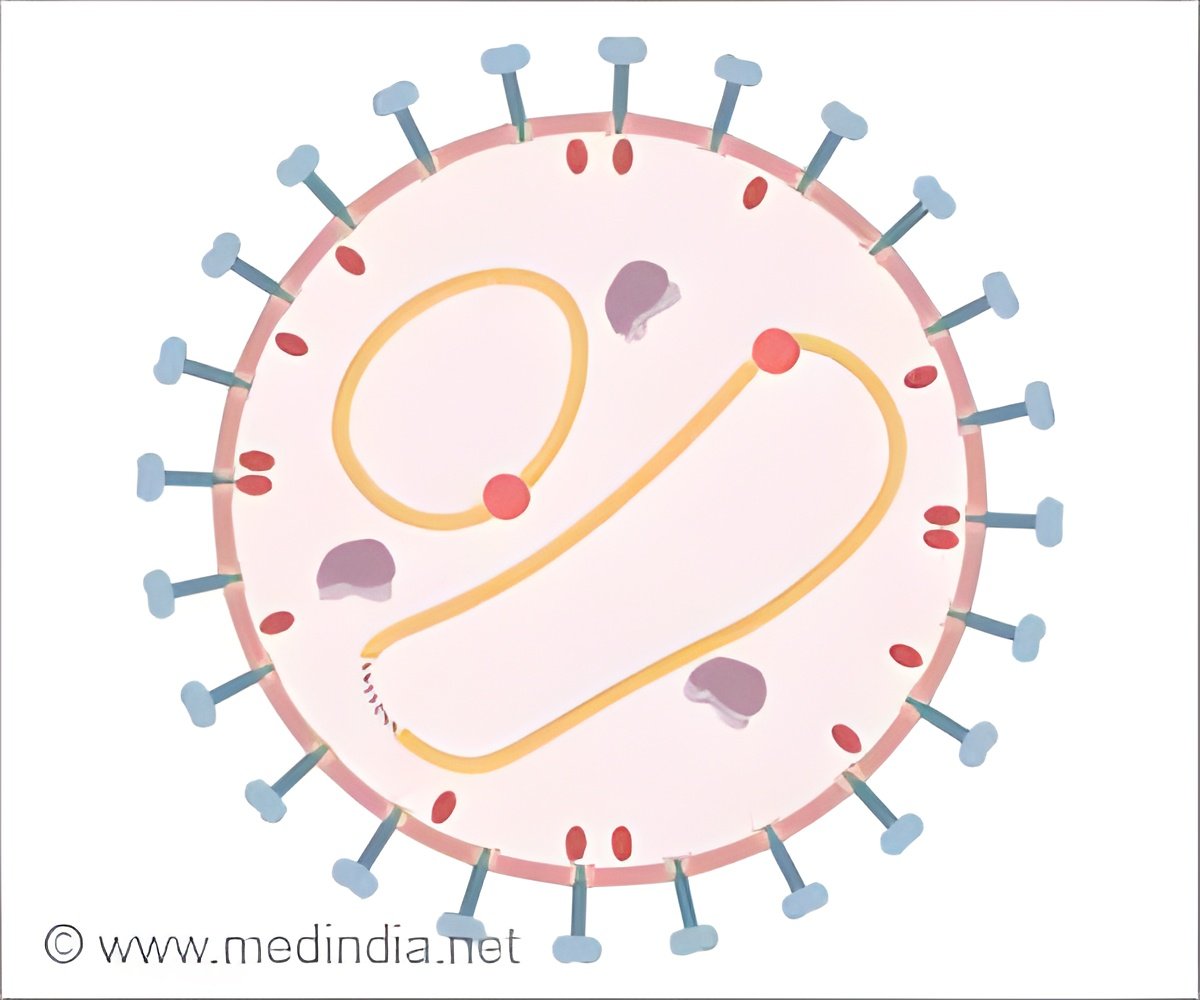
- Monoclonal antibodies like mAb1416 could offer a targeted treatment for superbugs like A. baumannii, which are resistant to antibiotics
- These antibodies are highly effective and could neutralize infections that antibiotics can’t fight
- Monoclonal antibodies are a safe, established treatment used in various diseases, with promising potential in combating antimicrobial resistance
Picture this: a hospital where everything seems pristine, meticulously cleaned, and sanitized. Yet lurking on the very medical equipment meant to save lives are superbugs– bacteria that are resistant to almost every antibiotic in existence. One such villain is Acinetobacter baumannii, an aggressive bacterium that thrives in hospitals, causing life-threatening infections. How do we fight back? Enter monoclonal antibodies- a groundbreaking solution scientists believe could be the answer to antimicrobial resistance (AMR) (1).
Monoclonal antibodies have made waves in treating diseases like cancer and autoimmune conditions, but now they might be our secret weapon against superbugs like A. baumannii, especially in places like Asia, where this deadly bacterium is common. But what are monoclonal antibodies, and why should we care about them?
Advertisement
What Makes Acinetobacter baumannii So Dangerous?
Before diving into how monoclonal antibodies work, let’s take a quick look at A. baumannii. This bacterium is not your average germ. It can stick to hospital surfaces, medical equipment, and even survive on skin. For vulnerable people, like newborn babies or patients in intensive care units, an infection can be catastrophic, leading to respiratory illness or even sepsis– a potentially fatal response to infection.
The kicker? A. baumannii has become resistant to almost all antibiotics we currently have, turning hospitals into breeding grounds for infections that are nearly impossible to treat. In some hospitals in Asia, there isn’t a single antibiotic left that can fight off these bacteria.
Advertisement
Meet the Monoclonal Antibodies: A New Hope
Monoclonal antibodies are not new, but they’re now being developed to tackle a wide range of issues- including antimicrobial resistance. So, how do they work?
In simple terms, monoclonal antibodies are proteins that are cloned from a single immune cell. Their job? Recognize and attack specific antigens—foreign substances like bacteria or viruses—in the body. In this case, researchers at the University of Cambridge have developed a monoclonal antibody called mAb1416 that specifically targets A. baumannii.
Here’s how it works: genetically engineered mice, which have human-like immune systems, were exposed to the outer membrane of A. baumannii. This triggered their immune response, and the researchers were able to extract antibodies that target the bacteria. After testing 300 different antibodies, mAb1416 was identified as the most effective.
Advertisement
How Do Monoclonal Antibodies Protect Against Superbugs?
Once they had their superstar antibody, the researchers tested it on mice. They treated the mice with mAb1416 and then exposed them to a strain of A. baumannii that had been isolated from a child with sepsis. The result? The mice treated with mAb1416 showed a significant reduction in bacterial load in their lungs compared to untreated mice.
In other words, the monoclonal antibody did its job, and it did it well.
The truly exciting part is that mAb1416 was able to fight off bacteria that had evolved over time, meaning this treatment could potentially be effective even against mutating strains of the bacteria.
Why Are Monoclonal Antibodies Important for Antimicrobial Resistance?
Antimicrobial resistance is one of the most significant threats to global health today. We’re running out of options to treat infections, and bacteria like A. baumannii are becoming stronger. While new antibiotics are hard to come by, monoclonal antibodies offer a fresh approach. They target specific bacteria, leaving other, non-harmful microbes alone, and can be developed relatively quickly compared to traditional drugs.
Additionally, monoclonal antibodies can be tailored to recognize specific bacteria, making them highly effective against superbugs that are resistant to general antibiotics. In the case of A. baumannii, this targeted approach could be life-saving.
What’s Next for Monoclonal Antibodies?
While the results of this study are promising, more research is needed to understand exactly how mAb1416 works. Scientists need to dig deeper into the mechanisms behind its protective effects so they can potentially develop an even more powerful treatment.
Of course, before it can be used in humans, this treatment will need to go through safety trials in animals and then move on to human trials. But the good news is that monoclonal antibodies are already a well-established form of medicine. They’re safe, effective, and widely used to treat conditions like cancer and autoimmune diseases.
Monoclonal Antibodies: Potential Game-Changer for Hospitals Worldwide?
The emergence of monoclonal antibodies to combat bacteria like A. baumannii could completely transform how we fight hospital-acquired infections. With antimicrobial resistance on the rise, this method offers a glimmer of hope for patients and healthcare providers alike. Imagine a world where deadly, drug-resistant infections can be neutralized- not by antibiotics, but by a targeted immune response. That’s the future monoclonal antibodies might help create.
In the meantime, researchers continue to refine their methods and prepare for larger trials, but one thing is clear: monoclonal antibodies could become a vital new tool in the fight against antimicrobial resistance.
References:
- Exploiting human immune repertoire transgenic mice for protective monoclonal antibodies against antimicrobial resistant Acinetobacter baumannii
(Baker, S., Krishna, A., Higham, S. et al. Exploiting human immune repertoire transgenic mice for protective monoclonal antibodies against antimicrobial resistant Acinetobacter baumannii. Nat Commun 15, 7979 (2024). https://doi.org/10.1038/s41467-024-52357-8)
Source-Medindia



